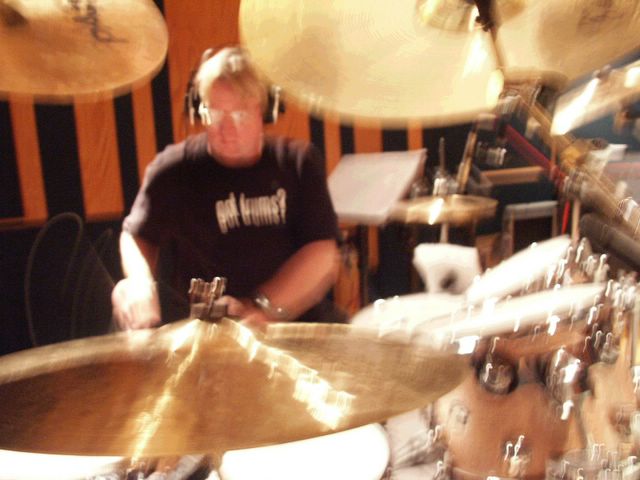Super Bowl and The Church
by John W. Whitehead
The Rutherford InstituteFebruary 5, 2007
The Super Bowl has become America's new church gathering.When I was a kid, the Super Bowl was the ultimate football game. You turned the TV set on to watch two teams battle it out for the championship title. But there was none of the buildup that now surrounds the big game.
Today, the football game is merely a sideshow to the glut of television advertisements promoting everything from beer and soda to cars and candy but, in essence, sex and materialism. As one reporter noted, "The hype for Super Bowl commercials has reached the same ridiculous proportions as the orgiastic hoopla over the game itself." At a going rate as high as $2.6 million for 30 seconds of broadcast time and with a viewing audience estimated at 90 million (making the Super Bowl the most widely viewedtelevision program), it's no wonder that the advertisers are the ones running the show.
The old maxim about television has become an undeniable truth: the programming now exists for the commercials. The entire Super Bowl experience has, in fact, become akin to a religious experience. Americans approach the Super Bowl with much the same religious fervor as the Romans had for the lavish games held at the Circus Maximus. And it is this mingling of religion with entertainment that brings us to the recent brouhaha over the National Football League's efforts to prevent churches from holding Super Bowl viewing parties on large-screen or projection TVs.
People who heard about the dispute were of two minds: First, there was outrage that the NFL felt it necessary to bully churches into compliance, especially when sports bars and restaurants were granted exemptions. Second, there was bewilderment that churches would even want to participate in what has become an exercise in hedonism.
Both reactions are completely understandable.It goes beyond the pale for the NFL to dictate that churches shouldn't gather together - even if it is to watch the Super Bowl. The league's suggestion that church viewing parties might adversely affect their Nielsen ratings (which are used to leverage more advertising dollars) or cause the league to lose money is a testament to the corporate mindset that has overtaken what once was considered a relatively wholesome, all-American-albeit-violent sport.
Greed has become the king of the Bowl.Clearly, the NFL has little to no respect for Americans who watch the game. But it was a little disappointing that so many churches were willing to - and did - give up without a fight. If churches won't even fight for their right to watch football together, one has to wonder what they would be willing to fight for. For early church leaders, their mission came first, even when that mission conflicted with the state. Thus, they were considered troublemakers because they wouldn't toe the line, which is insharp contrast to the church today, which aims to be law-abiding. Lacking the moral and spiritual strength of their predecessors, many of today's religious leaders try to force their agendas through politics. But that's a whole other can of worms.
For the purpose of this discussion, it might be enough to ask whether churches should be aligning themselves with the Super Bowl in the first place. How can a church preach against materialism, sexual immorality and drunkenness and participate in a cultural event that glories in all three?
Reportedly, these Super Bowl church bashes are increasing in their popularity. For the churches that planned to host viewing parties, the events were justified as ways to tap into the so-called "social magic" of Super Bowl Sunday by reaching out and ministering to members of their communities. And while there were supposedly churches that planned to invite the homeless and provide a meal, clothes-washing and a bed for the night and others that intended to accept donations from the crowd to funda food pantry, community social services or other good causes, there were also church events that differed only in location (and alcohol consumption) from the bacchanals taking place in homes and sports bars across America.
What would Jesus do? Would Jesus, who overturned the tables of the moneychangers in the temple because they were turning his father's house into a place of business, have condoned turning his father's house into a sports bar?Are churches trading in their birthright for increased attendance? It may seem like harmless fun and sound marketing, but there are larger spiritual ramifications at work. For example, when you turn the church into the site for a Super Bowl party, have you altered your priorities and become a hedonist first and a Christian second?By allowing itself to become a part of the greed-driven culture thatsurrounds the Super Bowl, the church completely erases the line between the sacred and the profane.....
[Constitutional attorney and author John W. Whitehead is founder and president of The Rutherford Institute. He can be contacted atjohnw@rutherford.org. Information about The Rutherford Institute isavailable at www.rutherford.org ].-----------------------------------------------



0 Comments:
Post a Comment
<< Home